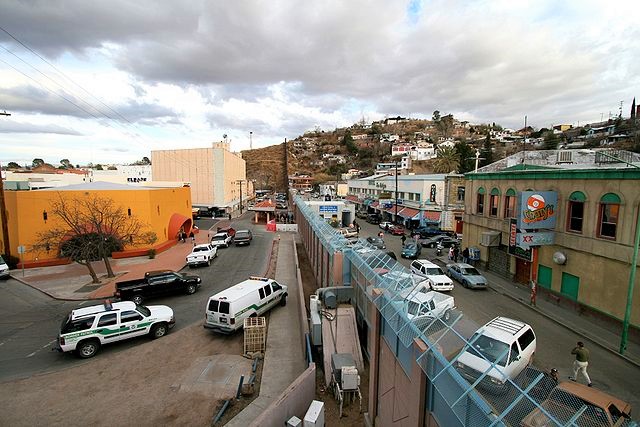DNA testing could reunite families at the US border — and fuel surveillance
By Russell Brandom and Rachel Becker,
The Verge
| 06. 22. 2018
More than 2,000 children have been separated from their parents at the US border as a result of the White House’s new “zero tolerance” policy, and immigration agencies seem to have no clear plan for reuniting them. In one case, a six-year-old’s ability to remember her aunt’s phone number became her only lifeline to her family. “Most children here aren’t able to give names, much less a phone number,” an official told ProPublica. With children less than a year old lost in the system, it’s become heartbreakingly difficult to simply match children to the parents that brought them.
In the midst of the crisis, consumer DNA companies are offering their services as an unlikely solution. After a nudge from a member of Congress, 23andMe has offered to donate DNA kits and other resources, using spit samples to help parents find missing children in the bureaucratic maze. MyHeritage made a similar offer, promising that the tests will be processed within the company and not shared with third parties. “We’re calling upon relevant government agencies to help us with...
Related Articles
By Arthur Lazarus, MedPage Today | 01.23.2026
A growing body of contemporary research and reporting exposes how old ideas can find new life when repurposed within modern systems of medicine, technology, and public policy. Over the last decade, several trends have converged:
- The rise of polygenic scoring...
By Stephanie Pappas, LiveScience | 01.15.2026
Genetic variants believed to cause blindness in nearly everyone who carries them actually lead to vision loss less than 30% of the time, new research finds.
The study challenges the concept of Mendelian diseases, or diseases and disorders attributed to...
By David Cox, Wired | 01.05.2026
As he addressed an audience of virologists from China, Australia, and Singapore at October’s Pandemic Research Alliance Symposium, Wei Zhao introduced an eye-catching idea.
The gene-editing technology Crispr is best known for delivering groundbreaking new therapies for rare diseases, tweaking...
By Josie Ensor, The Times | 12.09.2025
A fertility start-up that promises to screen embryos to give would-be parents their “best baby” has come under fire for a “misuse of science”.
Nucleus Genomics describes its mission as “IVF for genetic optimisation”, offering advanced embryo testing that allows...




